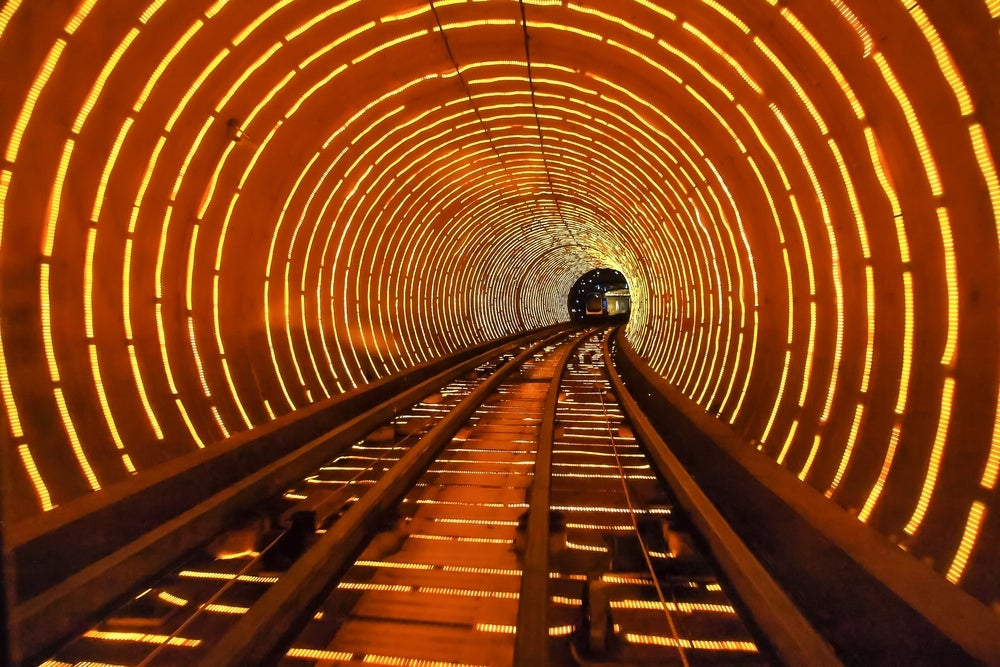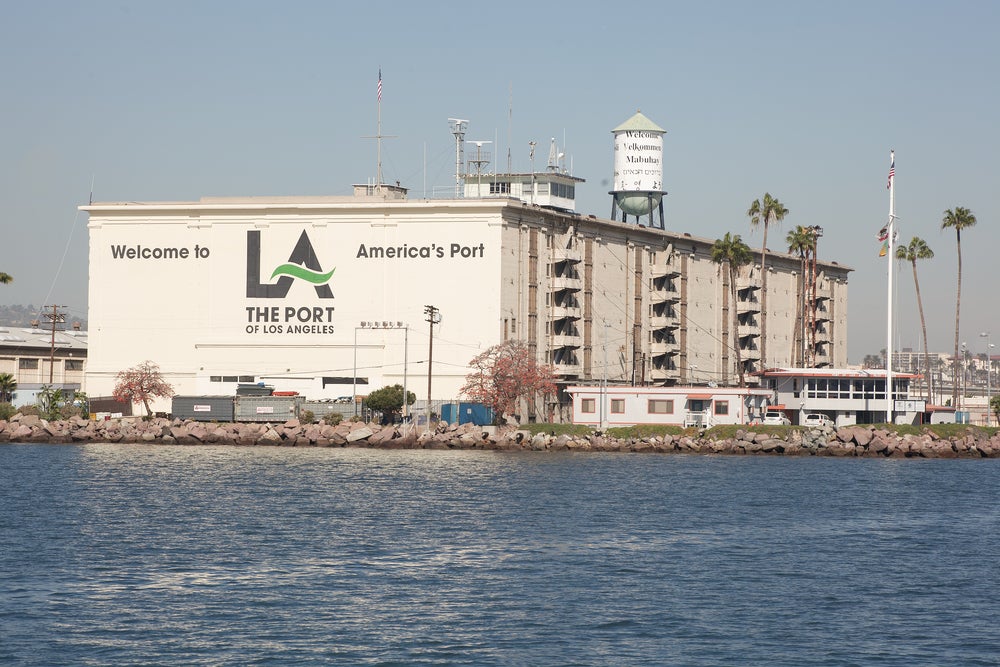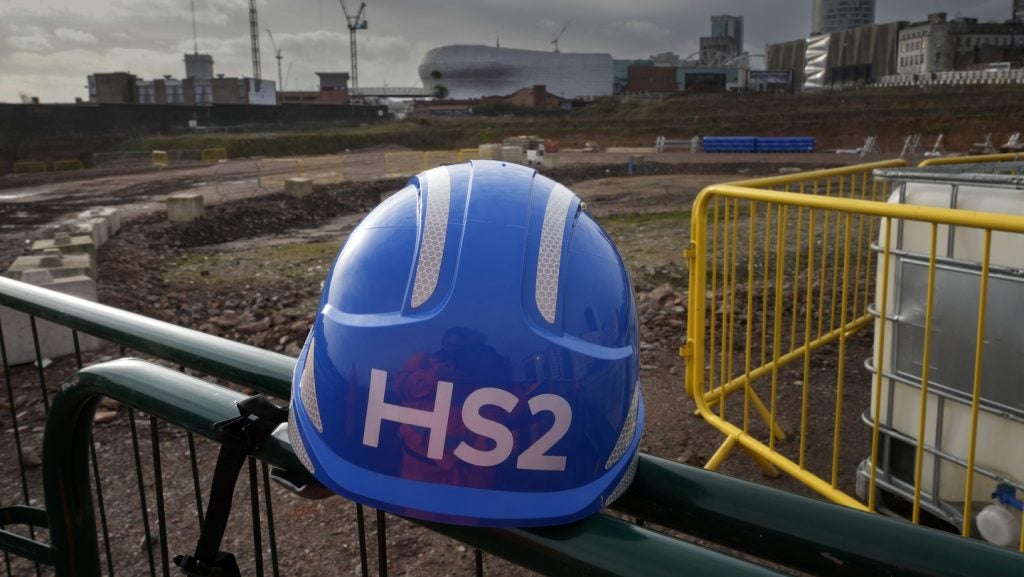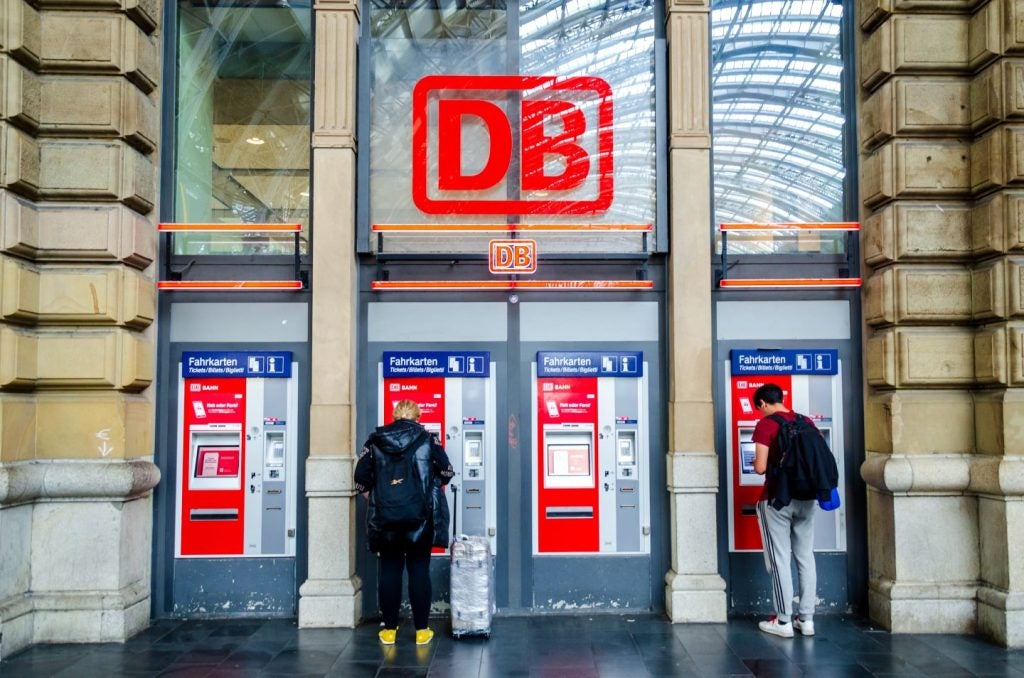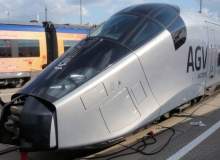
UK transport secretary Justine Greening’s decision to approve the UK’s second high-speed rail network, dubbed HS2, in January 2012 has proven to be contentious enough to spark a string of legal challenges.
Attempting to prompt a judicial review into the approval process, action groups consisting of local authorities and concerned residents have leapt to accuse a ‘deeply flawed’ consultation process of ignoring certain issues, while poking holes in the government’s economical and environmental cases for the project’s approval.
Now, against a backdrop of continual volleying between those in favour and those against HS2, the rail link is threatened with derailment before it has even left the station.
Economical cost and benefits challenged
The first legal challenge to oppose HS2 came from 51m, an alliance of local authorities named as such due to the £51m bill that each parliamentary constituency would be left with as a result of the HS2 programme.
The group has contested the reliability of economical evidence provided by HS2 Ltd to support the case for the development of a second high-speed rail line in the UK, suggesting such a development could even lose money – a far cry from original government estimates that suggested for every £1 spent on the link, £2.70 would be returned.
See Also:
Buckinghamshire County Council leader Martin Tett, speaking on behalf of 51m, said: "We are taking this stance with regret. We would far rather that the government had listened to the people of this country who have decisively rejected this massively expensive project and instead opted for the better, cheaper and more quickly delivered alternative put forward by 51m."
How well do you really know your competitors?
Access the most comprehensive Company Profiles on the market, powered by GlobalData. Save hours of research. Gain competitive edge.

Thank you!
Your download email will arrive shortly
Not ready to buy yet? Download a free sample
We are confident about the unique quality of our Company Profiles. However, we want you to make the most beneficial decision for your business, so we offer a free sample that you can download by submitting the below form
By GlobalDataConcerns have been raised regarding the government’s assumption of 133% background growth in demand as a result of the service receiving the significant improvement of a high-speed connection. This increase in growth is hugely optimistic, argue 51m, especially considering that the West Coast Main Line, which received a far more significant upgrade with some train times cut by more than 30 minutes, receiving a far lower growth in demand as a result.
These concerns have been confounded by the findings of transport economists Chris Castles and David Parish, who came to the conclusion that projected passenger numbers were too high to be a realistic assumption of ridership.
Confirming their stance that the economic case for HS2 is "deeply flawed and as a consequence very weak", the report compiled by Castles and Parish found that a "black hole" of approximately £8.5bn would need to be found in order to cover the cost of HS2.
In search of a return on investment
In spite of mounting criticism over the cost of HS2 and its economical benefits, HS2 Ltd has reaffirmed its stance that the programme has a strong economical case and will have lasting input, particularly in areas such as the midlands.
HS2 Ltd claim that, when including wider economic benefits associated to HS2 and its lasting legacy, the benefit to cost ratio stands at approximately £2 for each £1 spent on the Y network. Although this has been downgraded from the original £2.70 estimate, it still represents a profitable return. H
S2 Ltd estimates that against a construction cost of £32.7bn, the programme will accrue £34bn in fare revenues and generate benefits amounting to £47bn over 60 years of service.
The rail link has also faced stern criticism for its cost per mile which, at approximately £154m, will become one of the world’s most expensive, seemingly flying in the face of criticism from former transport minister Philip Hammond, who derided the costs associated with UK railways.
The cost per mile will, however, fall to £97m when including phase two of the project, with phase one encompassing expensive tunnelling stages.
HS2 will also create jobs, both permanent and temporary, in a harsh economical climate when unemployment continues to rise.
More than 40,000 jobs, consisting of 9,000 construction related, 1,500 permanent operational jobs and 30,000 jobs relating to the regeneration and development of areas within the proposed route, will be created, posing a considerable benefit to local areas.
Not as green as it professes to be?
51m’s legal challenge pertaining to the questionable economical impact of HS2 caused the HS2 Action Alliance (HS2AA) to bound into the brewing issue, fielding a letter to Justine Greening informing her of the group’s intention to challenge the plans through a judicial review, while even going as far as inviting the European Commission to investigate the UK Government’s actions in the matter.
HS2AA director Thomas Crane vehemently challenged the lack of environmental impact study associated with the approval, condemning the Department for Transport’s failure to comply with Strategic Environmental Assessment (SEA) Regulations 2004 and the Conservation of Habitats and Species Regulations 2010.
"HS2 is an environmental disaster for our country. It will irreversibly damage many landscapes, ancient woodlands and wildlife habitats which simply cannot be replaced. It will also do nothing to reduce carbon emissions," said Crane.
His stance has been backed by a number of parties, most notably UK Green Party Leader Caroline Lucas, who confirmed her party’s opposition to the current HS2 proposals on a number of grounds.
"The economic case is unsound. The claims about reducing CO2 emissions are questionable to say the least. The huge damage which would be caused to local communities and their environment would be unsustainable," said Lucas.
Building an environmental case for HS2
HS2 Ltd has now, at least, commenced an environmental survey programme tasked with identifying the environmental and ecological impacts of HS2.
Land owners will now be contacted and work is expected to start during February 2012, with ecology surveys identifying plants, animals and habitats that could be endangered by the programme.
Speaking upon the commencement of the survey, HS2 Ltd chief executive Alison Munro said: "I’m very pleased that we are able to get going with the next key stage of our work assessing, in much greater detail than we have been able to do up till now, the potential impact of the HS2 proposals on local sites. We hope to develop close working partnerships with those affected by the new line and this licensing arrangement is an important step in that direction."
Parties in support of HS2 have also questioned the legitimacy of facts associated by those who question just how green the rail link will be. Although it has been alleged that the energy consumption of running a train at 400km/h is three times that of running a train at 200km/h, work conducted by ATOC on energy modeling has shown that new Alstom AGV trains, operating at 300km/h, use the exact amount of energy used by a UK Pendolino train travelling at 200km/h.
Alstom AGV trains travelling at 360km/h, the speed cap due to be enforced along HS2 during the opening of the line, also use less energy than current EuroStar trains travelling at 300km/h.
High-speed hurdles to overcome
Justine Greening’s decision to approve HS2 has proven to be, rather predictably given its size and scope, hotly contested and highly contentious.
Whereas before the debate was confined to speculation and assumption circulated by support and pressure groups, the programme’s approval and subsequent clamouring for a judicial review could ultimately see this debate sprawl into the courts.
While the precise facts and figures relating to economical benefit and environmental impact will be analysed with immense scrutiny in the lead-up to public consultation, the UK’s second high-speed link must still overcome a number of hurdles before it can be considered a certainty.



